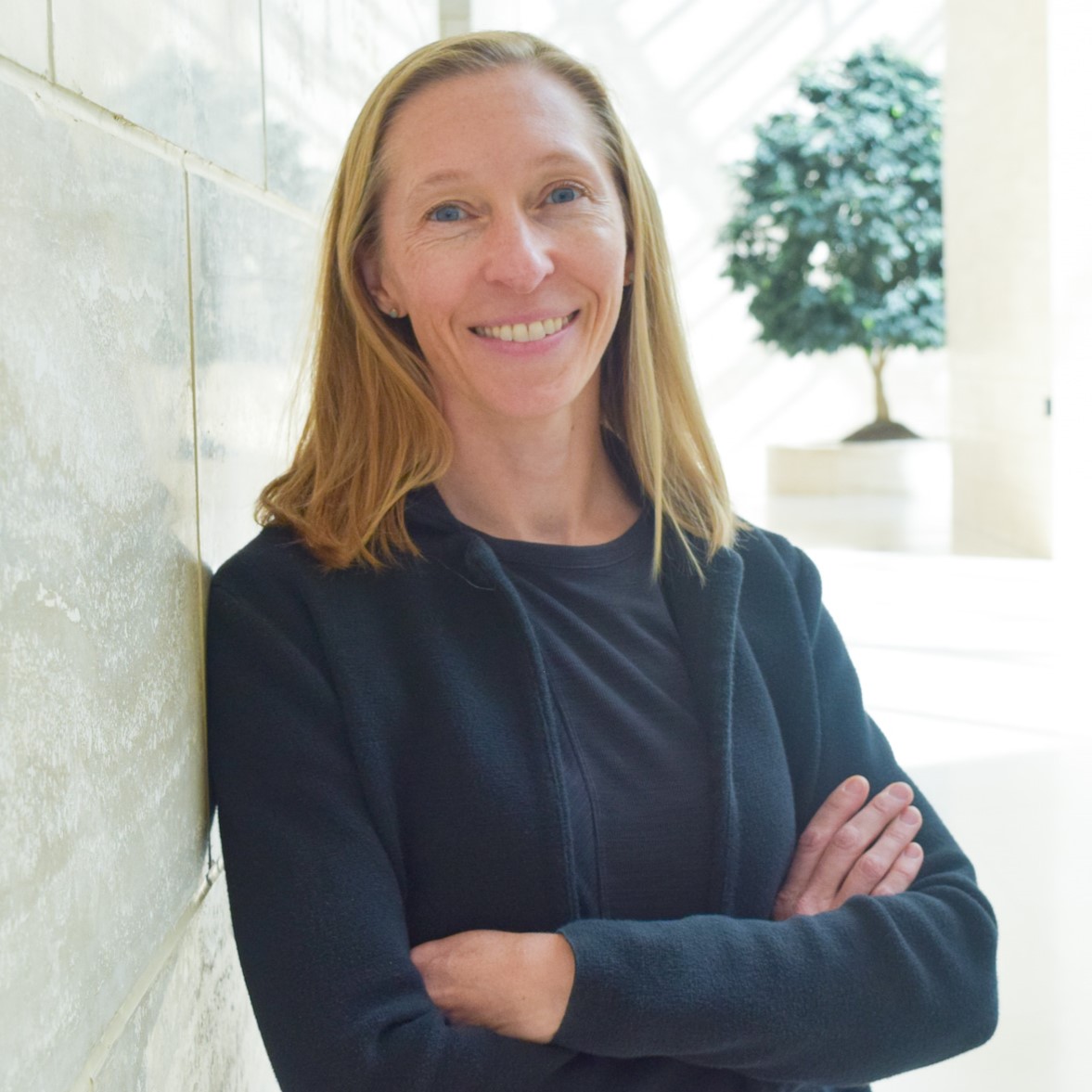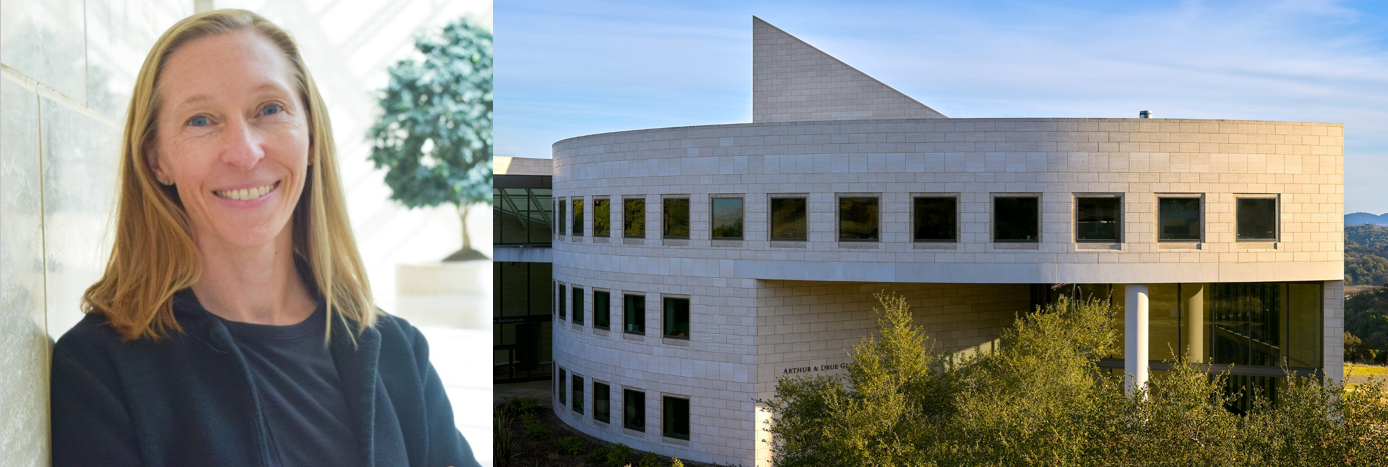by Buck Institute
January 2, 2024 . BLOG
Faculty Spotlight: Ashley Webb, PhD
Ashley Webb brings a lifetime of science to her new position at the Buck
 Ashley Webb, PhD, the Buck’s newest faculty member, investigates the molecular mechanisms of brain aging and neurodegeneration. Now an associate professor, Webb remembers being a kid who enjoyed how researchers focused on coming up with solutions. That early interest in science became the fabric of her life. Being good at math and science reinforced her trajectory. “Even when I was an undergraduate, I wanted to be in the lab. I was the quintessential lab rat type of student.” Webb got her PhD in molecular and cellular biology at the University of Washington, where she did rotations in labs focused on neurodevelopment. She was a postdoc at Stanford in the lab of Dr. Anne Brunet where the focus is on understanding the molecular mechanisms of aging and longevity including the mechanisms that influence the rejuvenation of old stem cells.
Ashley Webb, PhD, the Buck’s newest faculty member, investigates the molecular mechanisms of brain aging and neurodegeneration. Now an associate professor, Webb remembers being a kid who enjoyed how researchers focused on coming up with solutions. That early interest in science became the fabric of her life. Being good at math and science reinforced her trajectory. “Even when I was an undergraduate, I wanted to be in the lab. I was the quintessential lab rat type of student.” Webb got her PhD in molecular and cellular biology at the University of Washington, where she did rotations in labs focused on neurodevelopment. She was a postdoc at Stanford in the lab of Dr. Anne Brunet where the focus is on understanding the molecular mechanisms of aging and longevity including the mechanisms that influence the rejuvenation of old stem cells.
While subject matter was important, Webb says finding the right lab environment influenced many of her educational choices. “During grad school I ended up joining a lab that was not only doing exciting science, but also where I felt like it was the best environment. There were lots of grad students and I had a mentor who really supported me. Even if things weren’t going well scientifically, I would still want to go to the lab and be around the people, and it would be a supportive community in that way,” she says. “That’s the environment I’m trying to grow here in my lab at the Buck. And I think I did successfully grow a supportive environment when I was an assistant professor at Brown University. Mentoring the next generation of scientists is a top priority for me.”
Having young children also helped shape Webb’s interests and expertise in a positive way. “When my kids were very little I started focusing more and more on the analytical and bioinformatic aspects of the work. That was a great way to advance projects, and I could do it at my own pace. I wasn’t quite as dependent on the timeline of the cells or the mice. I could actually start and stop the analysis at any time.”
Webb says the decision to leave Brown University where she was an associate professor of Molecular and Cell Biology and Biochemistry wasn’t easy. “Brown is an amazing university. There’s a great community there. Their aging community is small, but world-renowned. But for me, the opportunity to come to a place like the Buck, where everybody - all the faculty, trainees, and staff -have the same mission was too compelling. There’s this shared vision at the Buck to take on the extremely difficult problem of understanding the biology of aging and improving healthspan. And to me, there’s nothing else like it. The opportunity to be a part of the Buck community was just a really exciting thing.”
While Webb got hooked on curiosity-driven science and the thrill of discovery as a young researcher, she’s become more appreciative of science as a collaborative endeavor the longer she’s been in the field. “The Buck’s collaborative environment is another reason I’m excited to be here,” she says. “Now that the logistics involved in relocating my lab are finally starting to settle, I have more time to engage in deep conversations with my colleagues.”
Webb has started to work with Julie Andersen on a project involving mitophagy and neurogenesis. And she and Pankaj Kapahi are talking about the hypothalamus and its role in brain aging. She is also beginning work with Jennifer Garrison to understand sex differences in brain aging. “My lab has some very exciting questions that we are poised to answer. Being at the Buck places us in a larger community of investigators in the biology of aging where we can form new connections and collaborations to advance our understanding of brain aging.”

SHARE